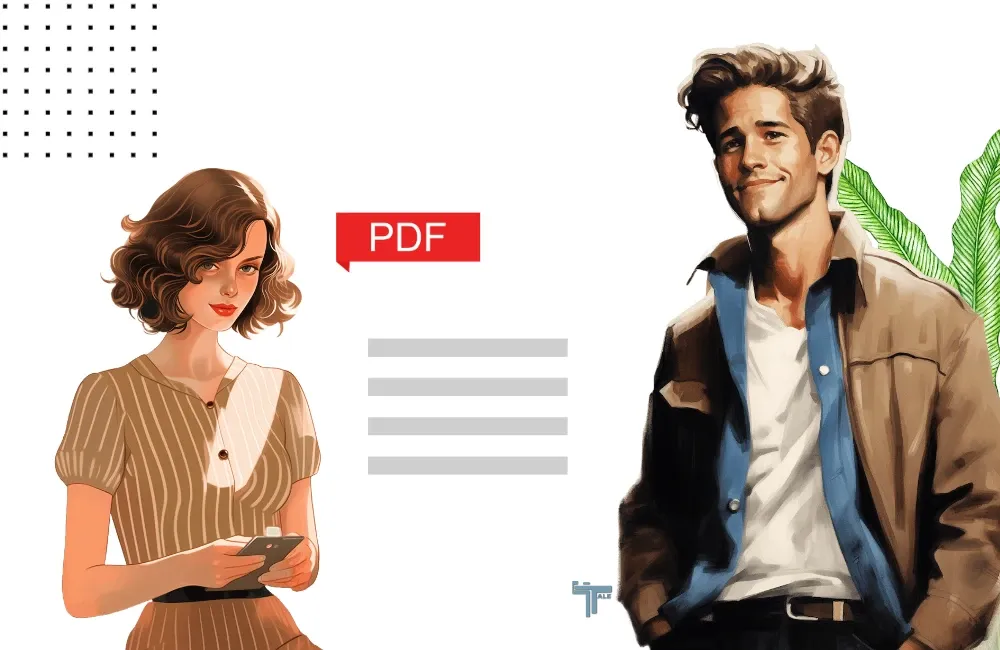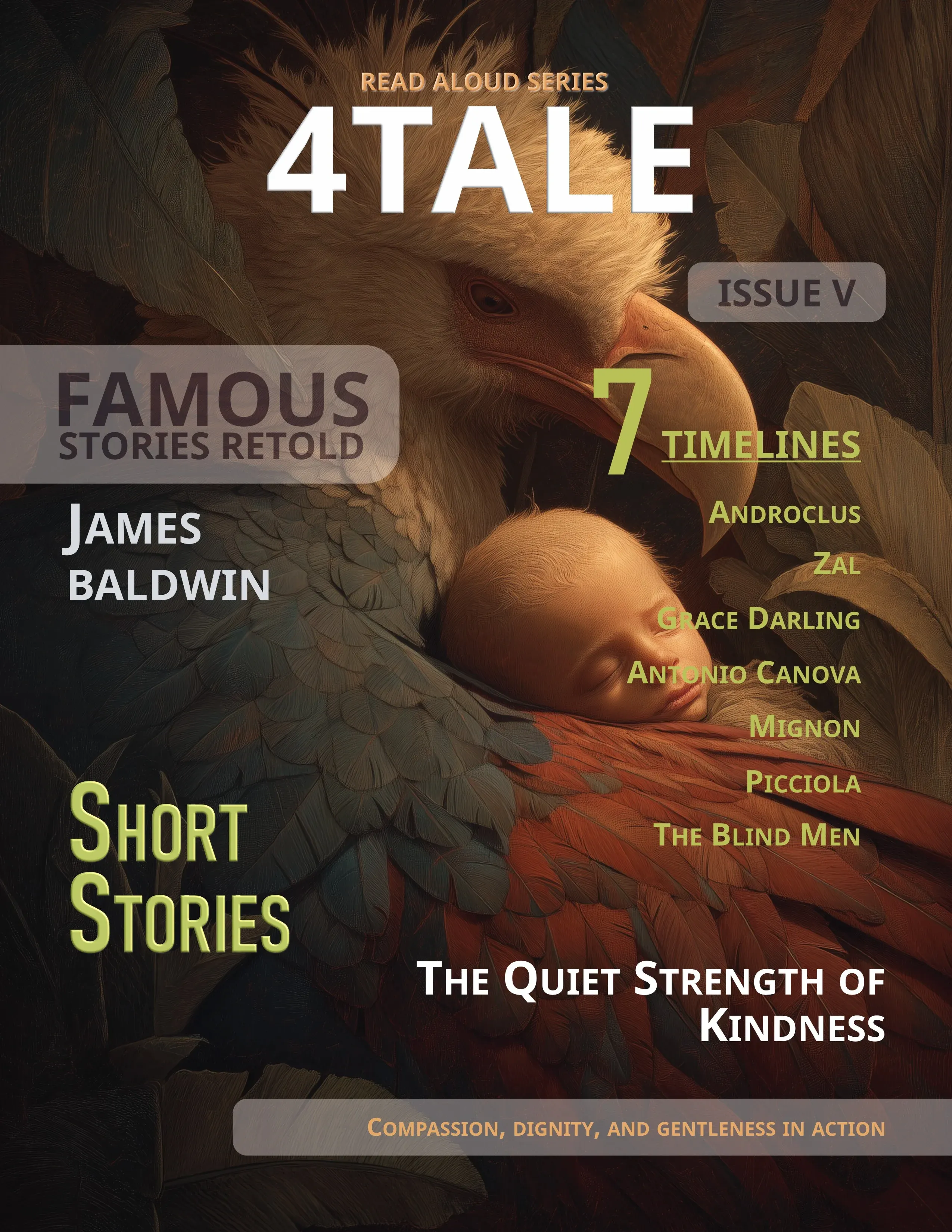
Prisoner’s Flower: The story centers on Count de Charney, a prisoner who finds solace in a small flower growing in the prison yard.
Emotional Transformation: The flower brings Charney hope and emotional transformation, highlighting the healing power of nature.
A good book we like, we explorers. That is our best amusement, and our best time killer
- Roald Amundsen, Explorer
Overcoming Despair: The Charney and Picciola Story of Hope
In the darkest corners of despair, hope can sprout in the most unexpected forms. Such is the tale of a wrongly accused gentleman named Charney, whose life transforms dramatically within the bleak walls of a French prison. Discover how a simple seed named Picciola, sprouting between the harsh prison stones, becomes an emblem of resilience, offering solace and transforming Charney's outlook. This compelling narrative promises to unfold the profound power of hope and the beauty of life, even in the most dire of circumstances.
Charney's Life in Prison
Imprisoned within the high stone walls of a French prison, Charney leads a life of solitude and despair. Wrongfully convicted, he finds himself abandoned and forgotten by the world. With no books to read or pens to write with, he is left to count the paving stones in the prison yard to fill his endless days. His freedom and joy have been replaced by the iron bars of the prison, leaving him with a deep sense of hopelessness. Yet, within this bleak existence, a beacon of hope is about to emerge.
The Discovery of Picciola
One spring morning, Charney's routine walk in the prison yard is interrupted by an unusual sight. Nestled between two paving stones, a small mound of earth catches his attention. Upon closer inspection, he discovers a tiny green leaf, struggling to push its way out of the ground. Despite his initial instinct to crush it, he decides to spare the fragile plant, moved by its delicate leaf covered in a soft protective coating. This seemingly insignificant plant, which he names Picciola, becomes a symbol of life and resilience in Charney's otherwise desolate world.
Podcast
Charney's Growing Attachment to Picciola
With each passing day, Charney's bond with Picciola grows stronger. He finds himself eagerly checking on the plant every morning, worried about the effects of the harsh weather. The sight of the jailer brushing past the plant fills him with dread, fearing the loss of his newfound companion. This growing attachment to Picciola changes Charney's perspective on his prison sentence. His days are no longer consumed by monotony and despair, but filled with the anticipation of seeing his little plant grow and thrive.
Perils Faced by Picciola
As Charney's attachment to his plant, Picciola, grew stronger, so did the dangers that threatened its existence. The prison yard, a harsh environment for any living being, was especially treacherous for the delicate Picciola. It experienced near brushes with destruction, once when the jailer unknowingly came perilously close to crushing it, and another time when the jailer's dog nearly trampled it.
Charney, ever the vigilant guardian, realized that Picciola needed more protection. Despite the meagre resources available to him, he ingeniously used his allotted firewood to build a small protective structure around his cherished plant. This is an example of Charney's resourcefulness and his growing dedication to preserving Picciola's life.

Charney's Plea to Save Picciola
Despite Charney's efforts, there came a point when the survival of Picciola seemed impossible. The plant began to wilt and wither, its vitality drained away by the unyielding stones of the prison yard. At this critical juncture, Charney made a bold decision: he would reach out to the man who had imprisoned him, the Emperor Napoleon, in a desperate bid to save Picciola.
Charney, swallowing his pride and hatred for Napoleon, wrote an appeal on his handkerchief, detailing his unique relationship with Picciola and the plant's dire predicament. He entrusted this plea to a young girl who agreed to deliver it to the emperor, a testament to Charney's newfound humility and generosity of spirit.
Charney's Transformation and Freedom
The final chapter of this story is as surprising as it is uplifting. Following Charney's heartfelt plea, the emperor's wife, moved by his plight, ordered the removal of the stones threatening Picciola's life. Not only was Picciola saved, but Charney, too, was given his freedom.
Charney was transformed by his experience in prison and his relationship with Picciola. His despair was replaced with hope, his loneliness with companionship, and his bitterness with gratitude. His story is a powerful testament to the transformative power of nature, the strength of the human spirit, and the unexpected kindness that can be found in even the most dire circumstances.
Conclusion
The tale of Charney and Picciola serves as an inspiring testament to the power of hope and resilience. Through the lens of Charney, we witness the transformative effect of Picciola, a humble plant, in a harsh prison environment. This narrative beautifully encapsulates the enduring spirit of life, even in the face of despair. It's a poignant reminder that hope grows even in the most unlikely places, and the nurturing of life, no matter how small, can lead to one's own redemption and liberation. This tale indeed offers us a profound lesson about life, transformation, and the unexpected kindness of humanity.






